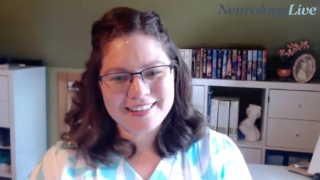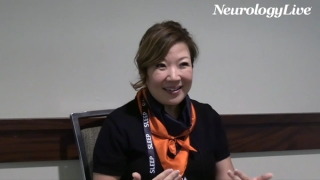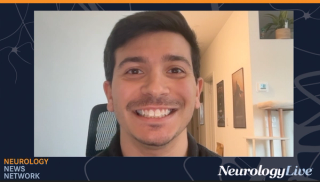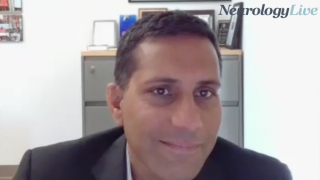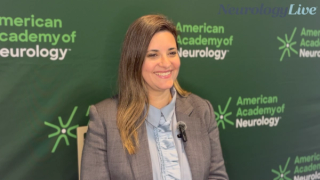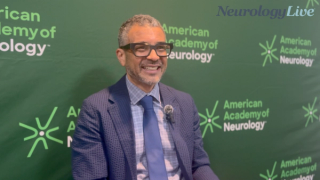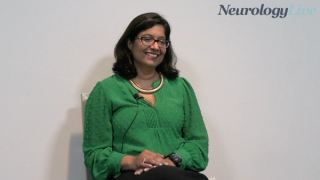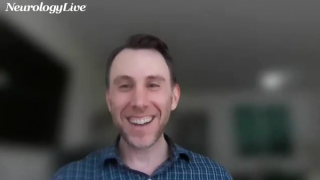
Stroke
Latest News
Latest Videos

Podcasts
CME Content
More News
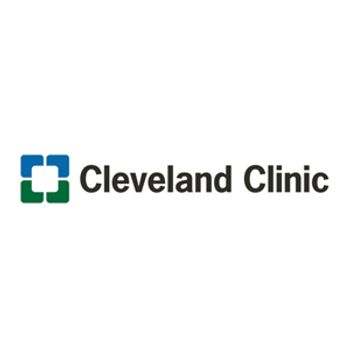
Explore innovative neurorehabilitation strategies for stroke recovery, emphasizing personalized approaches and advanced technologies to enhance patient outcomes.

From Neurology Enthusiast to Advocate for Health Equity: Moira Kapral’s SEQUINS Hall of Fame Journey
Moira Kapral, MD, MSc, reflects on her SEQUINS Hall of Fame recognition, the evolution of brain health equity, and her work addressing disparities in stroke care.
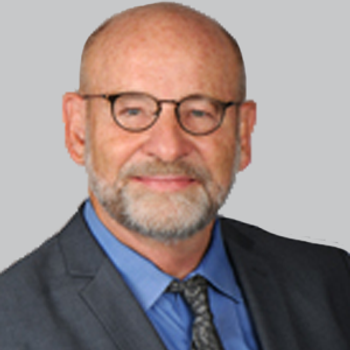
Robert J. Adams, MS, MD, reflects on his SEQUINS Hall of Fame recognition, his work on stroke prevention, and the importance of equity in brain health.

Barbara Vickrey, MD, MPH, discusses her SEQUINS Hall of Fame honor, the evolution of healthcare delivery models, and the role of mentorship in fostering equity in neurology.

Lewis B. Morgenstern, MD, reflects on his SEQUINS Hall of Fame recognition, the importance of health equity research, and his ongoing efforts to reduce stroke disparities.
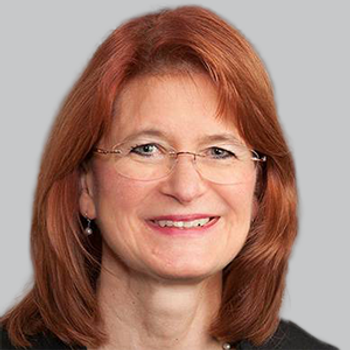
Cheryl Bushnell, MD, MHS, a professor of neurology at Wake Forest University, discussed her SEQUINS Hall of Fame recognition, her work on sex differences in stroke risk, and her ongoing efforts to improve stroke care equity.
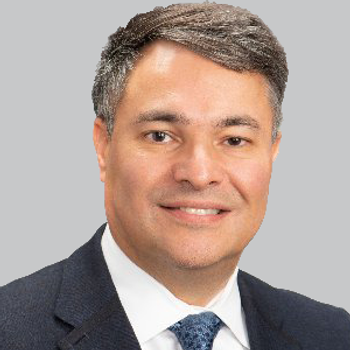
The ZEISS INTRABEAM 700 advances neurosurgical oncology by enabling precise intraoperative radiotherapy delivery, improved workflow efficiency, and enhanced collaboration between neurosurgeons and oncologists.

Among patients with BAD, 20.4% on argatroban plus DAPT experienced early neurological deterioration vs 47.1% on DAPT alone, and 87.8% vs 68.6% achieved excellent 90-day outcomes.

Test your neurology knowledge with NeurologyLive®'s weekly quiz series, featuring questions on a variety of clinical and historical neurology topics. This week's topic is on stroke in epilepsy.
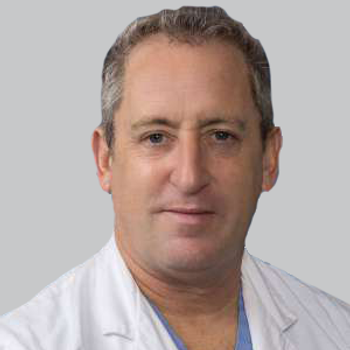
High doses of RNS60 led to greater number of patients with modified Rankin scale scores between 0-2, improved EQ-5D-5L index score, and enhanced NIHSS score at each pre-specified time point over placebo.

Take 5 minutes to catch up on NeurologyLive®'s highlights from the week ending April 11, 2025.
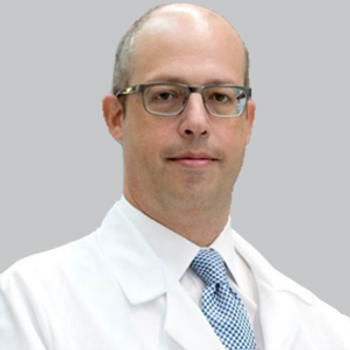
Cleveland Clinic’s $1.1 billion Neurological Institute, opening in 2027, will revolutionize neurological care with a state-of-the-art, patient-centered design integrating advanced technology and innovative care solutions.

Catch up on any of the neurology news headlines you may have missed over the course of March 2025, compiled all into one place by the NeurologyLive® team.
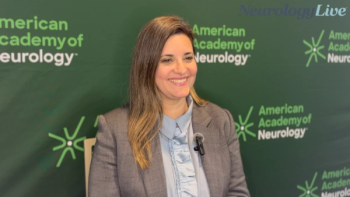
The clinical associate professor of neurology and neurosurgery at NYU Langone Health emphasized the importance of rapid, targeted blood pressure reduction and bundled care to improve outcomes in patients with intracerebral hemorrhage. [WATCH TIME: 4 minutes]

The clinical professor of stroke neurology at Stanford University discussed the clinical rationale and evidence supporting early, intensive blood pressure lowering in patients with intracerebral hemorrhage.
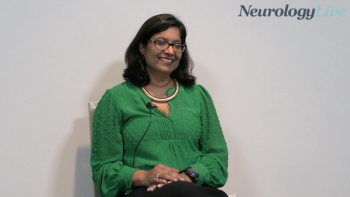
The clinical professor of stroke neurology and neurocritical care at Stanford University advocated for early and intensive blood pressure reduction in patients with intracerebral hemorrhage to limit hematoma expansion and improve outcomes. [WATCH TIME: 5 minutes]
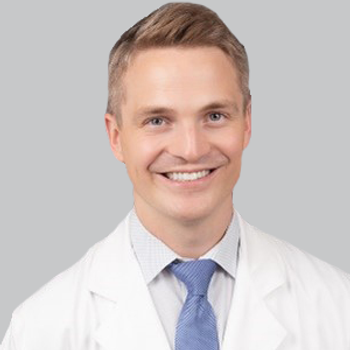
AHN Neuroscience Institute is the first in western Pennsylvania to offer the FDA-approved Vivistim device, combining vagus nerve stimulation with traditional rehab to improve stroke recovery.

Here's some of what is coming soon to NeurologyLive® this week.

Take 5 minutes to catch up on NeurologyLive®'s highlights from the week ending March 14, 2025.

Mind Moments®, a podcast from NeurologyLive®, brings you an exclusive interview with Bijoy Menon, MD, MSc, FRCPC. [LISTEN TIME: 18 minutes]
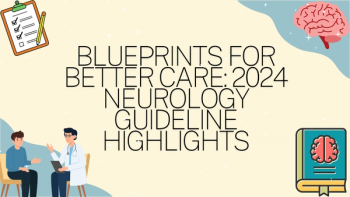
Explore the key 2024 neurology guideline updates shaping clinical care across stroke, epilepsy, movement disorders, and more in this essential feature.

Take 5 minutes to catch up on NeurologyLive®'s highlights from the week ending March 7, 2025.

The thrombolytic treatment, branded as TNKase and approved for adults, is administered as a 5-second IV bolus, upping the speed and simplicity of the 60-minute infusion of the previously approved alteplase (Activase; Genentech).

Take 5 minutes to catch up on NeurologyLive®'s highlights from the week ending February 28, 2025.
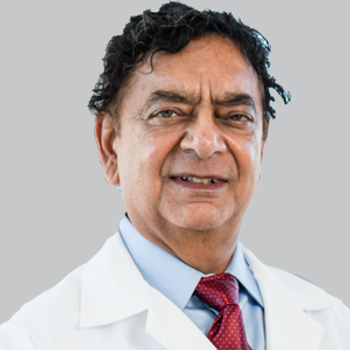
RapidAI identified 98% of LVOs compared to 74% by Viz LVO, while also correctly identifying 94% of LVO-negative cases compared to 91% for Viz.






